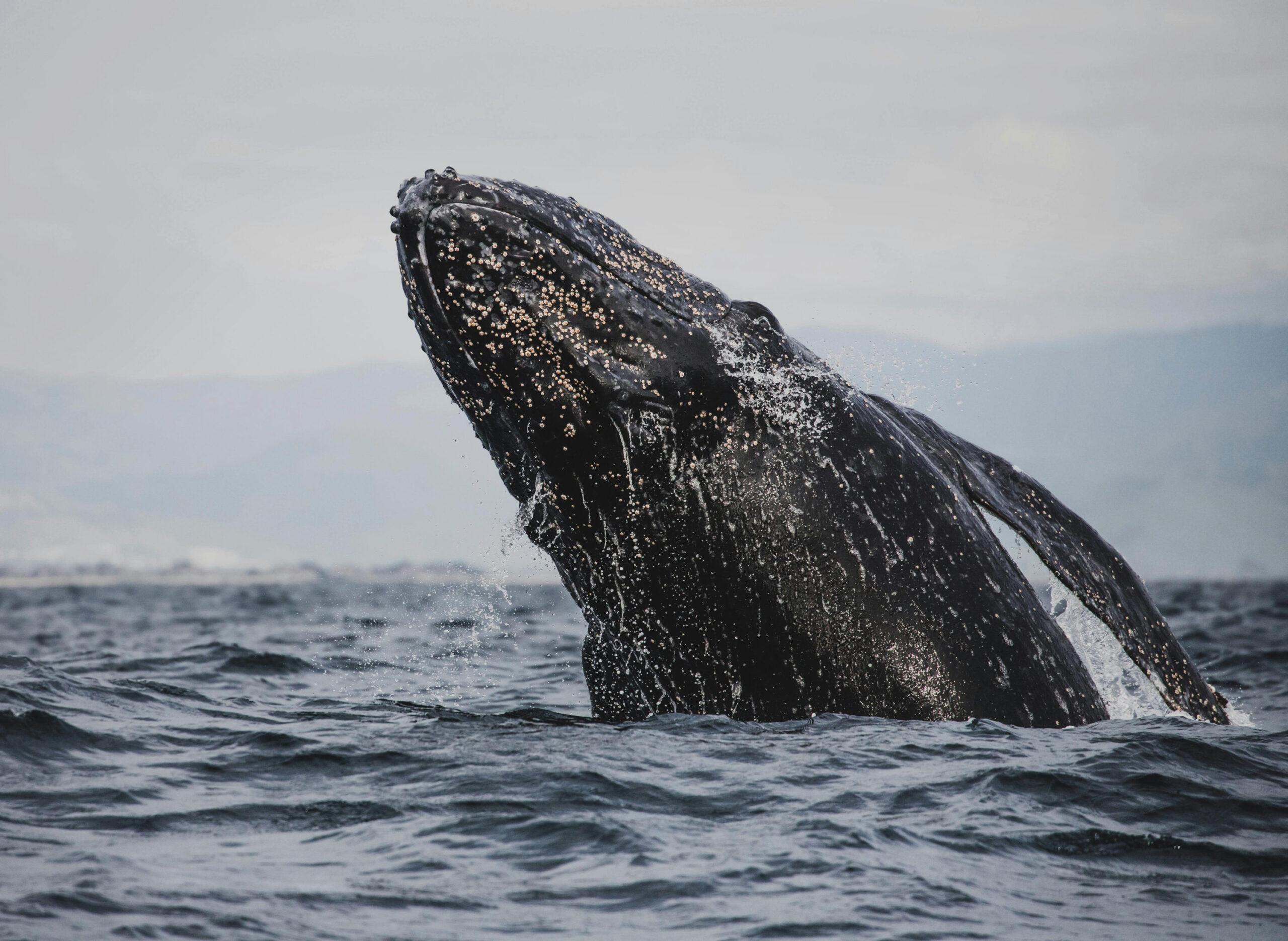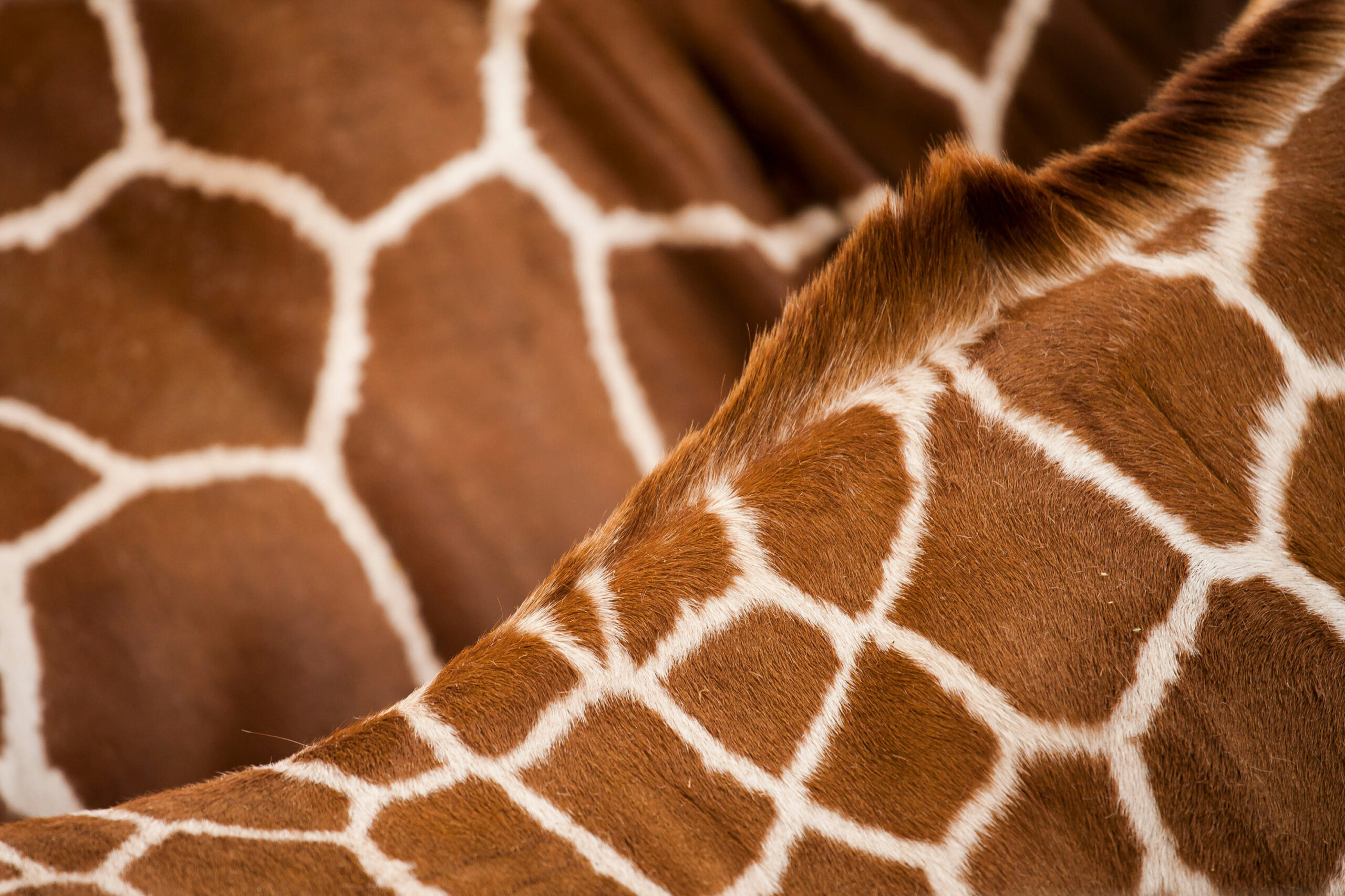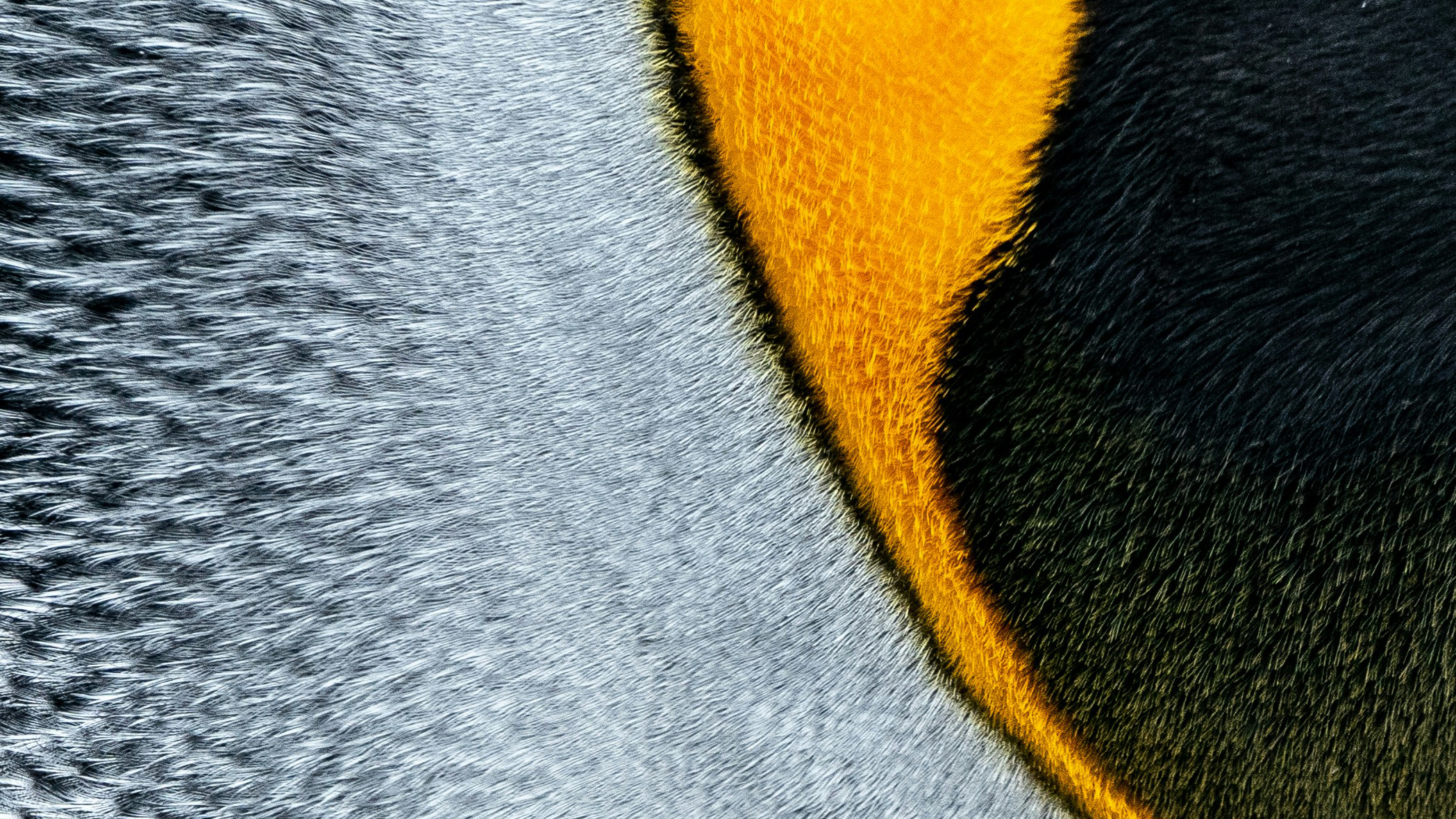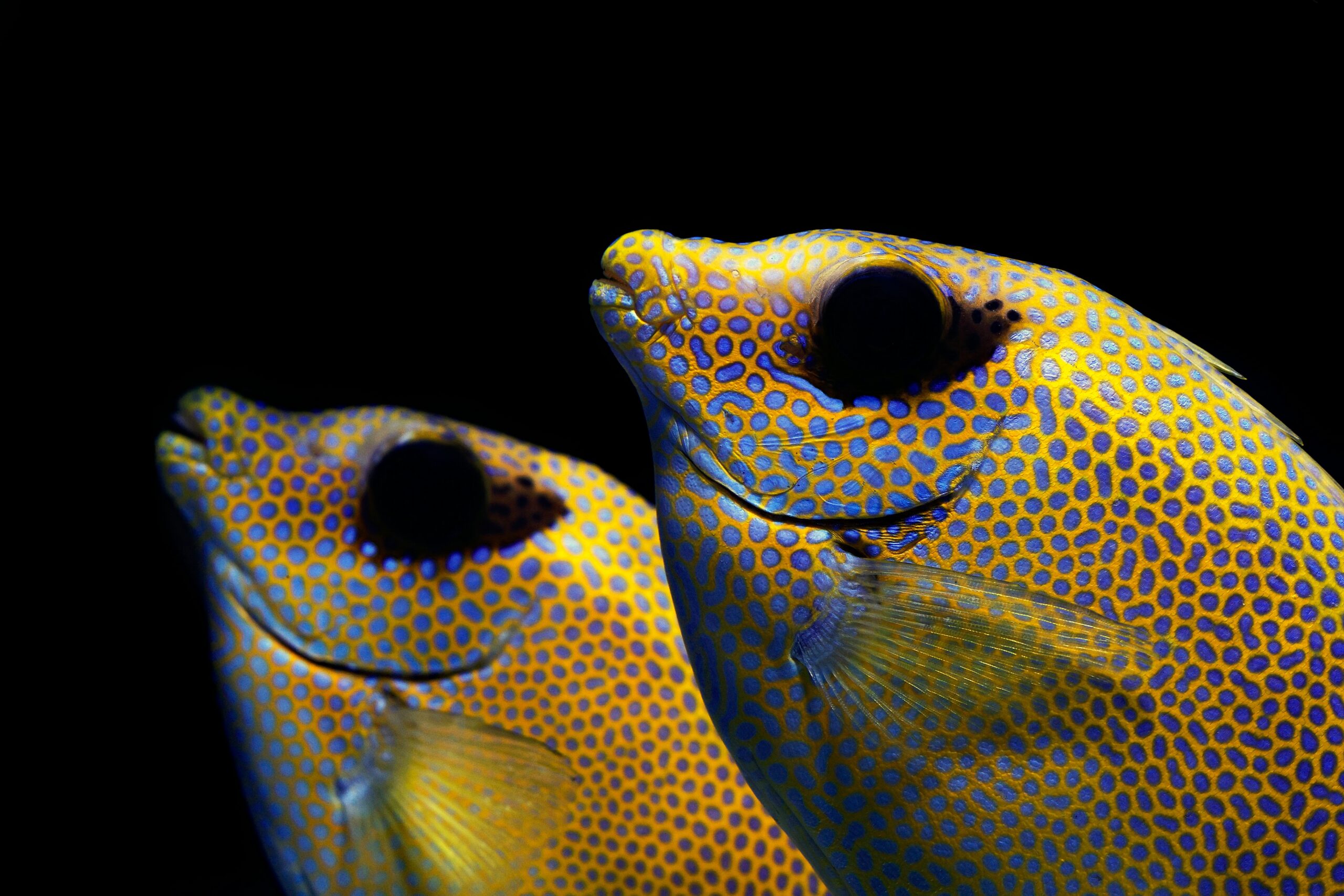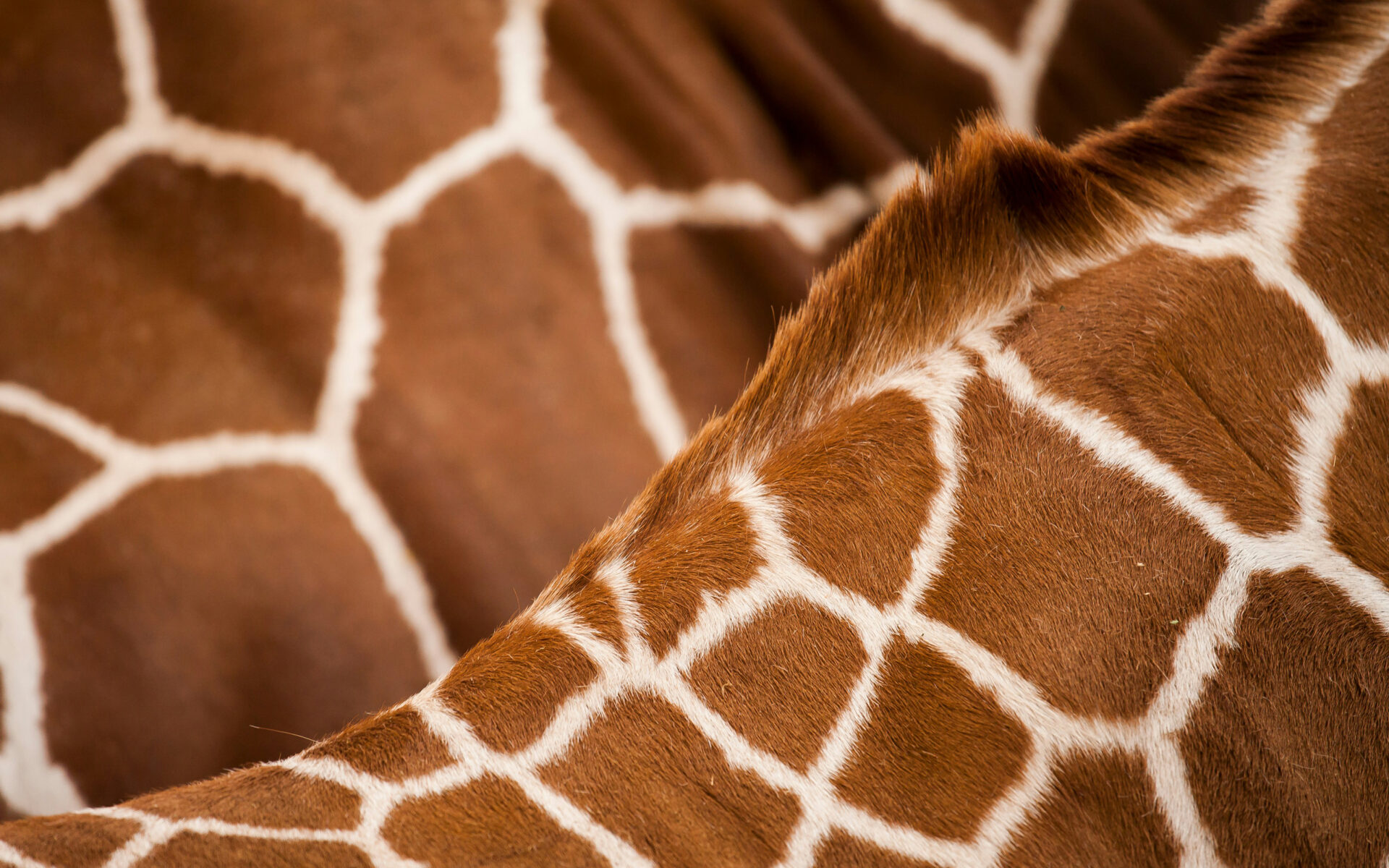Examining how to build a just future for all sentient beings through multidisciplinary research and policy
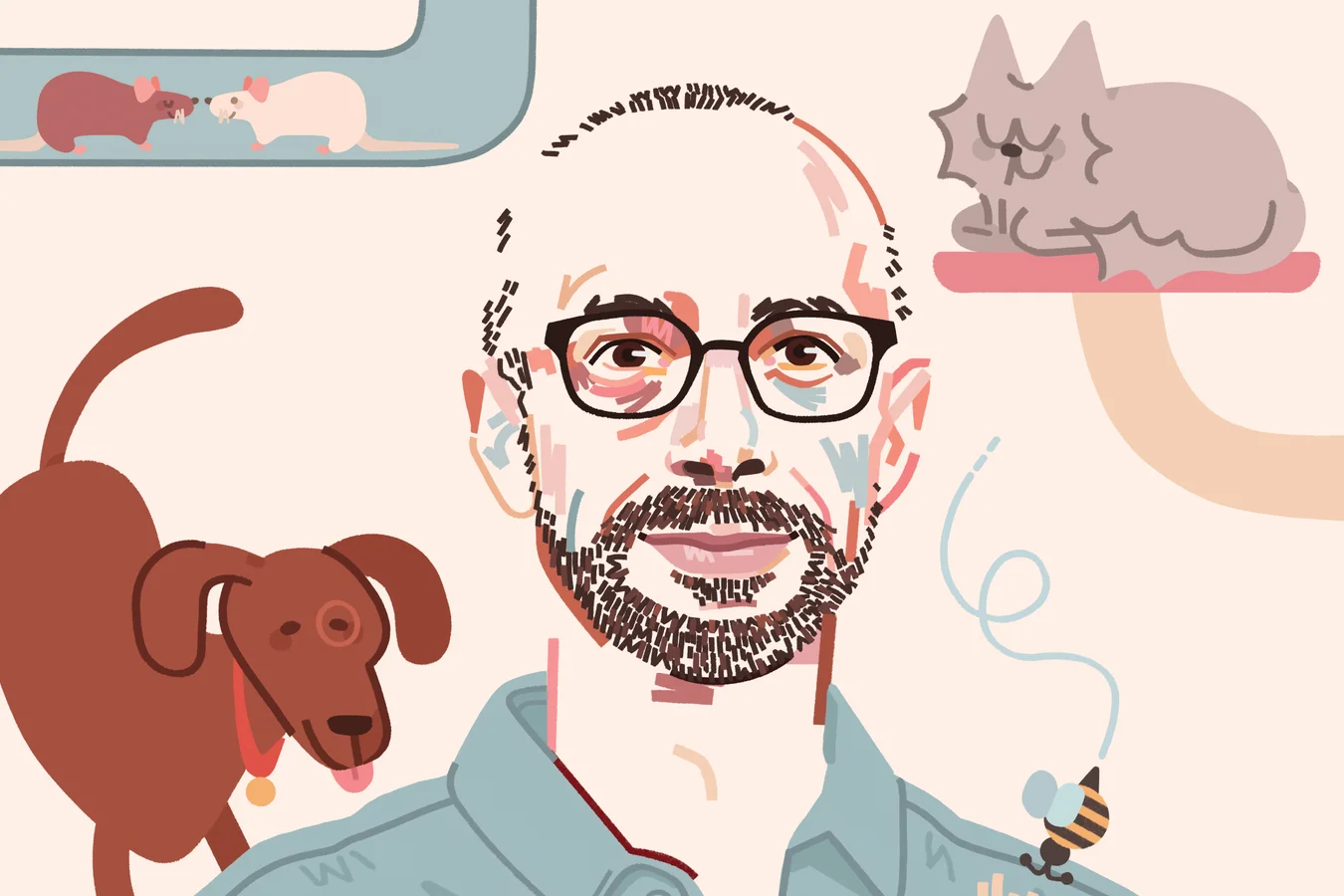
Center for Environmental and Animal Protection
Center for Mind, Ethics, and Policy
Wild Animal Welfare Program
I am currently Associate Professor of Environmental Studies, Affiliated Professor of Bioethics, Medical Ethics, Philosophy, and Law, Director of the Center for Environmental and Animal Protection, Director of the Center for Mind, Ethics, and Policy, and Co-Director of the Wild Animal Welfare Program at New York University. I am also a Faculty Fellow at the Guarini Center on Environmental, Energy & Land Use Law at the NYU School of Law and an Advisor at the Animals in Context series at NYU Press. I served as Director of the NYU Animal Studies M.A. Program from 2018-2024.
I was previously Research Assistant Professor of Philosophy and Associate Director of the Parr Center for Ethics at the University of North Carolina at Chapel Hill, and before that I held postdoctoral fellowships in Bioethics at the National Institutes of Health and Environmental Studies at New York University. I earned my Ph.D. in Philosophy at New York University in 2011.
My research focuses on moral philosophy, legal philosophy, and philosophy of mind; animal minds, ethics, and policy; AI minds, ethics, and policy; and global health and climate ethics and policy. My books The Moral Circle and Saving Animals, Saving Ourselves are out now. My co-authored books Chimpanzee Rights and Food, Animals, and the Environment are out as well.
My teaching focuses on animal and environmental ethics and law. Recent classes include Animal Minds; Animals and Climate Change; Animals and Public Health; Ethics and the Anthropocene; Effective Animal Advocacy; Ethics and Animals; Ethics and the Environment; Food, Animals, and the Environment; Moral Status; Bioethics; Population Ethics; and Philosophy of Law.
In addition to my work at NYU, I am currently an advisor at Eleos AI Research, which investigates AI sentience and well-being; an advisory board member at the Insect Welfare Research Society, which connects insect welfare researchers and stakeholders; and a senior research affiliate at the Institute for Law & AI, which advises on legal challenges posed by AI. I was previously a board member at Animal Charity Evaluators, which works to promote the most effective ways to help animals, and a board member at Minding Animals International, which furthers the development of animal studies, as well.
Image credit: Shideh Ghandeharizadeh
Focus Areas
- Animal Welfare
- AI Welfare
- Food System Reform
- Infrastructure Reform
- Public Health Policy
- Environmental Policy
Center for Environmental and Animal Protection
Center for Mind, Ethics, and Policy
Wild Animal Welfare Program
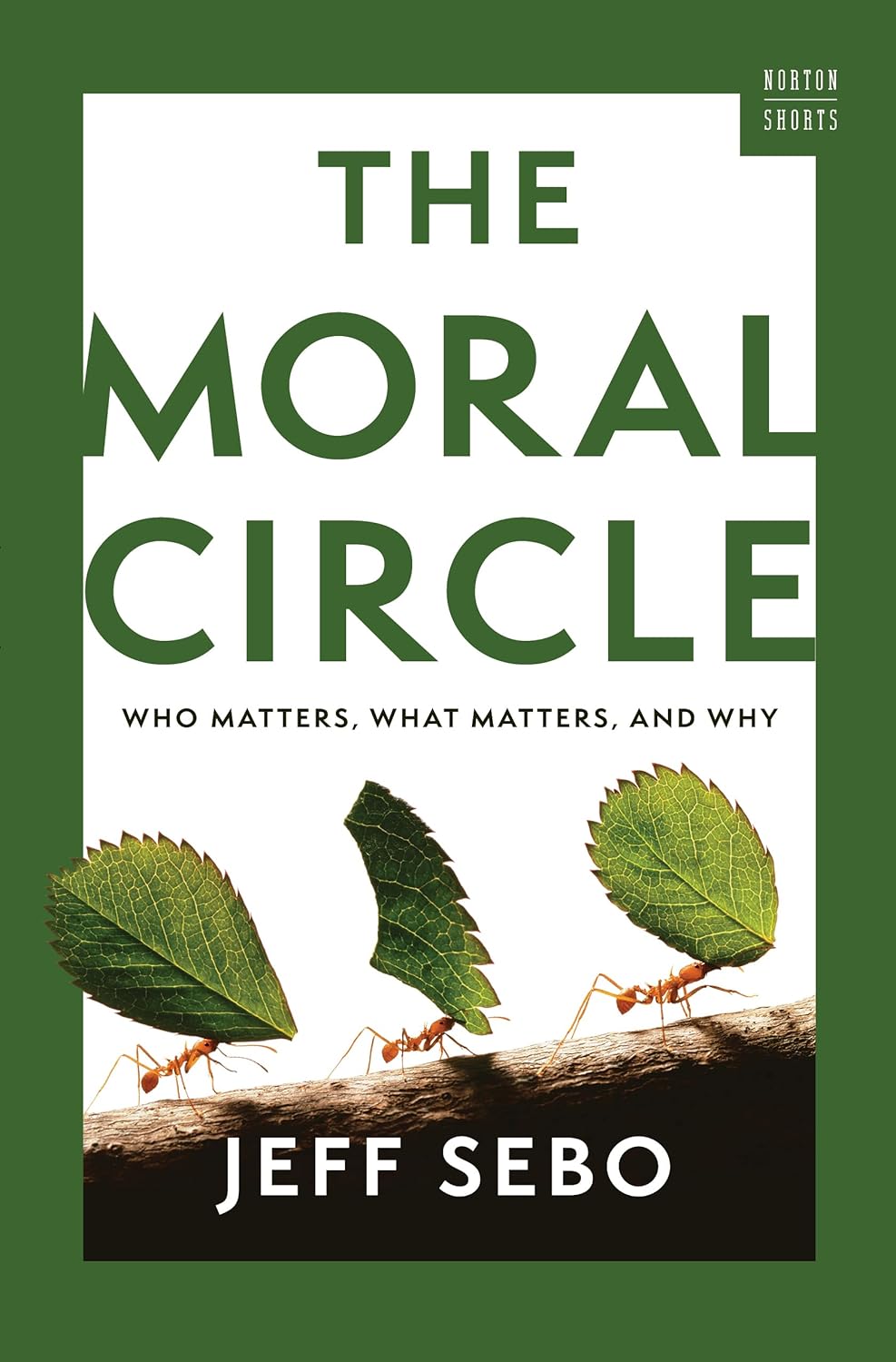
The Moral Circle
Who Matters, What Matters, and Why
This book argues that humanity should expand our moral circle — that is, our conception of which beings morally matter for their own sakes — much farther and faster than many philosophers assume, for two related reasons. First, we should be open to the realistic possibility that a vast number of beings can be sentient or otherwise morally significant, including invertebrates and, eventually, AI systems, and we should extend at least some moral consideration to these beings accordingly. Second, we should be open to the realistic possibility that our actions can affect a vast number of beings, including beings who are far away in space and time, and we should extend at least some moral consideration to these beings accordingly as well. The upshot is that we should extend at least some moral consideration to septillions of beings, including and especially future nonhumans, with transformative implications for our lives and societies.
The emerging science of animal consciousness is advancing through investigations of behavioral and neurobiological markers associated with subjective experience across diverse species. Research on honeybee pessimism, cuttlefish planning, and self-recognition in cleaner wrasse fish provides evidence that consciousness may be widespread throughout the animal kingdom. Although the field faces uncertainties—stemming from the absence of a secure, unified theory of consciousness and the complexity of differentiating conscious from unconscious processes—these investigations underscore the value of open-minded, interdisciplinary inquiry. By exploring consciousness across taxa, researchers can collect valuable evidence and set the stage for a more inclusive understanding of the tree of life.
The field of AI safety considers whether and how AI development can be safe and beneficial for humans and other animals, and the field of AI welfare considers whether and how AI development can be safe and beneficial for AI systems. There is a prima facie tension between these projects, since some measures in AI safety, if deployed against humans and other animals, would raise questions about the ethics of constraint, deception, surveillance, alteration, suffering, death, disenfranchisement, and more. Is there in fact a tension between these projects? It depends in part on what sentient, agentic, or otherwise morally significant AI systems might need and what we might owe them. We argue that, all things considered, there is indeed a moderately strong tension—and it deserves more examination.
Industrial animal agriculture is both increasingly central to our global economy and increasingly harmful to humans, animals, and the environment, contributing to climate change, biodiversity loss, infectious disease emergence, antimicrobial resistance, and a variety of other problems. Fortunately, the global community has a long history of regulating products or processes that cause massive, unnecessary, and transboundary social, health, and environmental harms. By exploring precedents and instruments drawn from existing international law, this paper argues that a global ban on industrial animal agriculture is both possible and necessary to achieve alongside other global targets. It also proposes a pathway towards a global ban by 2050, which proceeds via informational, financial, regulatory, and just transition policies.
We argue that there is a realistic possibility that some AI systems will be conscious and/or robustly agentic in the near future. That means that the prospect of AI welfare and moral patienthood — of AI systems with their own interests and moral significance — is no longer an issue only for sci-fi or the distant future. It is an issue for the near future, and AI companies and other actors have a responsibility to start taking it seriously. We also recommend three early steps that AI companies and other actors can take: They can, first, acknowledge that AI welfare is an important and difficult issue (and ensure that language model outputs do the same); second, start assessing AI systems for evidence of consciousness and robust agency; and, third, prepare policies and procedures for treating AI systems with an appropriate level of moral concern.
Experts increasingly agree that the health of humans, animals, and the environment are linked. As cities consider how to make their infrastructure more resilient and sustainable in the face of human-caused climate change, policymakers and other local actors have an opportunity to adopt new policies that can benefit humans, wild animals, and the environment at the same time. This first-of-its-kind policy brief describes how cities and other local actors can incorporate wild animal welfare considerations into their institutions, planning processes, and policies on land use and the built environment. The brief also identifies promising policy options for cities and other local actors to consider, ranging from bird-friendly building materials to green infrastructure design and prohibitions on gas leaf blowers.
In this paper I consider some problems that small animals such as arthropods and nematodes raise for utilitarianism. In particular, if small animals have more expected welfare than large animals, then utilitarianism implies that we should prioritize the former all else equal. This could lead to a “rebugnant conclusion,” according to which we should create large populations of small animals rather than small populations of large animals. It could also lead to a “Pascal’s bugging,” according to which we should prioritize large populations of small animals even if these animals have an astronomically low chance of being sentient. I argue that the utilitarian should accept these implications in principle, but might be able to avoid some of them in practice.
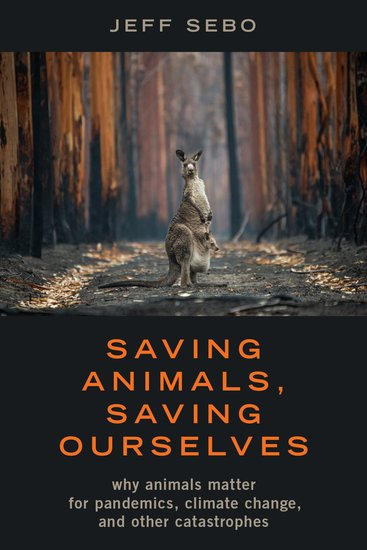
Saving Animals, Saving Ourselves
Why animals matter for pandemics, climate change, and other catastrophes
This book argues that human and nonhuman fates are increasingly linked. Our use of animals contributes to pandemics, climate change, and other global threats which, in turn, contribute to biodiversity loss, ecosystem collapse, and nonhuman suffering. As a result, we have a moral responsibility to include animals in global health and environmental policy, by reducing our use of them as part of our pandemic and climate change mitigation efforts and increasing our support for them as part of our adaptation efforts. Applying and extending frameworks such as One Health and the Green New Deal, I call for reducing support for factory farming, deforestation, and the wildlife trade; increasing support for humane, healthful, and sustainable alternatives; and considering human and nonhuman needs holistically. I also consider connections with moral status, political status, creation ethics, population ethics, social services, infrastructure, and more.
This seminar examines the breakthroughs in science and philosophy that provided much of the impetus for the emergence of Animal Studies, along with recent debates and future directions for this field. We begin with historical perspectives about animals and how this work has been interpreted and reinterpreted across the years. We then turn to the developments of the 20th century that led to the modern animal protection movement. For example, what are the leading views in science about animal sentience and agency, and what are the leading views in ethics about what we owe our fellow creatures? Finally, we spend the rest of the semester sampling the scientific and philosophical perspectives that have emerged in recent decades, examining what animals are like, what kind of moral and legal status they deserve, and how we should interact with them in a world reshaped by human activity.
Humans, animals, and the environment are deeply connected. For example, animal farming is a leading cause of climate change, and climate change is a leading cause of biodiversity loss and wild animal suffering. In this seminar we examine these connections from moral, legal, and political perspectives. We start with a survey of the main moral, legal, and political frameworks that are relevant to this discussion, including animal and environmental protection and rights. Next, we discuss the impacts that animal farming will have on the climate, the impacts that climate change will have on animals, and the moral, legal, and political questions that these impacts will raise. Along the way we discuss the many theoretical and practical issues that are relevant to animals and climate change locally and globally, including agency, sentience, well-being, moral standing, legal standing, political standing, discount rates, and multi-species impact assessments. (Also taught in the Department of Environmental Studies at New York University in 2022.)
This seminar will survey the relationship between animals and public ethics. We will focus on a wide range of public health issues including but not limited to pandemics. We will start with a survey of animal ethics and public health ethics. We will then consider how human use of animals affects public health problems. For example, how do deforestation, the wildlife trade, and animal agriculture contribute to pandemics? Next, we will consider how public health problems affect animals. For example, how do pandemics affect animals, both directly, through the spread of disease, and indirectly, through changes in human treatment of nonhumans? Finally, we will imagine new possibilities for including animals in health policy, by reducing our use of animals as part of our mitigation efforts and increasing our support for animals as part of our adaptation efforts.
In this seminar, Animal Studies M.A. students pursue intensive self-directed projects with the support of their instructor, peers, and project advisor. This project can be a research paper, policy proposal, or artistic project that explores central themes in Animal Studies in an original and rigorous way. Students secure a project advisor either prior to or during this seminar. They then select a project topic in consultation with their advisor and instructor, and they develop a polished draft of this project by the end of the semester. This seminar provides students with support in defining the projects and tools for pursuing them appropriately. This includes asking insightful research questions, defining research topics, scoping a research or artistic literature, and writing and communicating the results or final project clearly and persuasively. This is an individualized class, and students will have ample opportunity to develop and present works in progress.
Effective animal advocates attempt to use evidence and reason to do the most good they can for animals. In this course we examine this approach to animal advocacy from theoretical and practical perspectives. First, what does it mean to do the most good we can, and how do effective animal advocates attempt to pursue this aim? Second, what are the main theoretical objections to effective animal advocacy? For example, does it involve too much cluelessness, demandingness, or implausibility? Third, what are the main practical objections to effective animal advocacy? For example, does it focus too much on direct, short-term, individual change and not enough on indirect, long-term, structural change? Along the way we will consider broader moral and political questions related to effective altruism and animal advocacy, and we will discuss these questions with people doing cutting-edge work in these areas.
This course examines the nature of moral status. First, we ask about the nature of moral status. Can you have moral rights without having moral duties? Second, we ask what it takes for individuals to have moral status. Do you have to be Human? Rational? Sentient? Alive? Part of relationships of care and interdependence? Third, we ask what it takes for groups to have moral status. Under what circumstances, if any, can families, nations, species, or ecosystems have moral rights and/or moral duties? Fourth, we ask whether parts of individuals can have moral status. Under what circumstances, if any, can our past or future selves have moral rights and/or moral duties? Finally, we ask when in life moral status begins and ends. Do fetuses and/or corpses have moral rights? Do past and/or future generations have moral rights at present? We also consider implications for a variety of individuals, ranging from insects to robots.
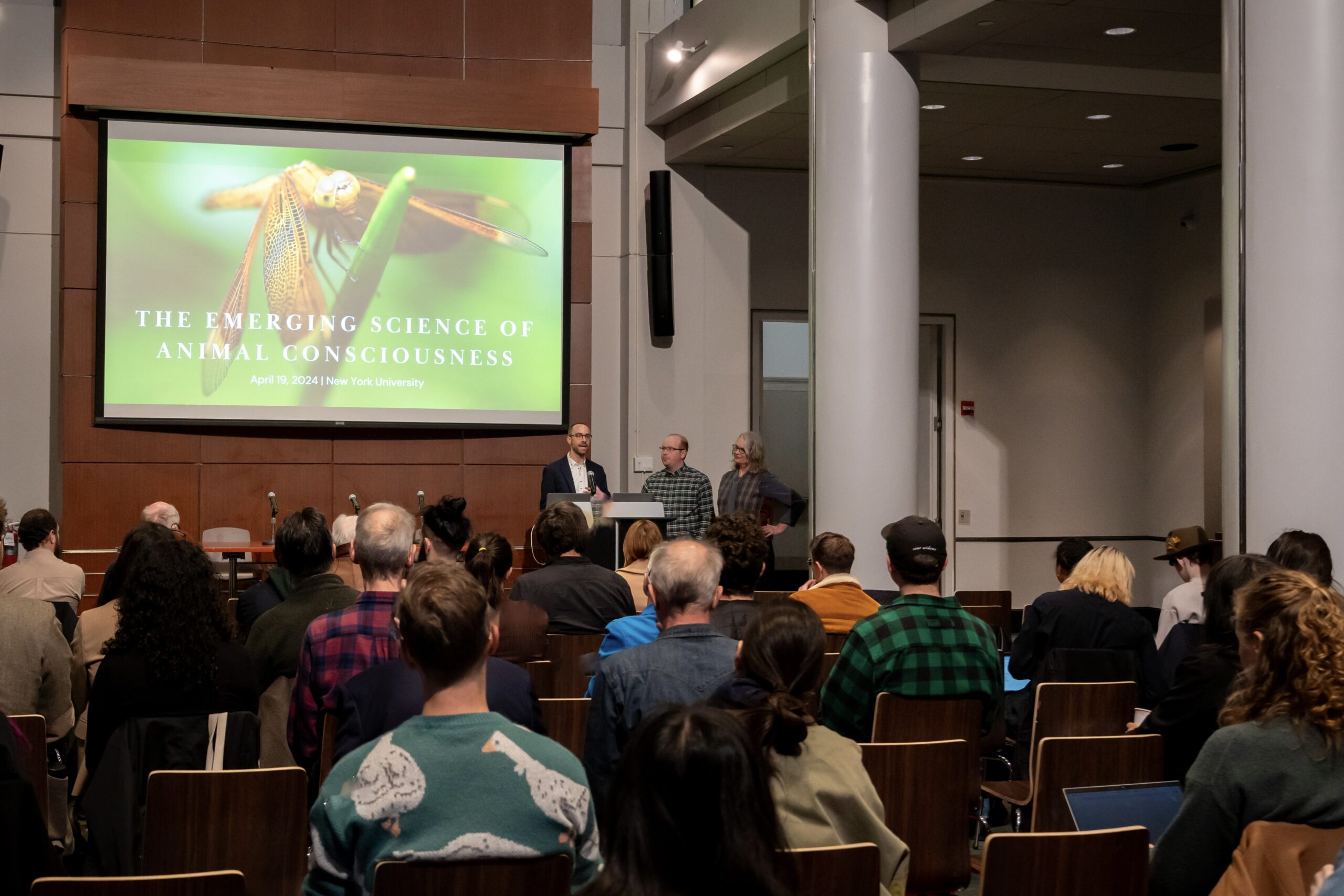
The New York Declaration on Animal Consciousness
Kristin Andrews, Jonathan Birch, Jeff Sebo, and 500+ signatories
“Which animals have the capacity for conscious experience? While much uncertainty remains, some points of wide agreement have emerged.
First, there is strong scientific support for attributions of conscious experience to other mammals and to birds.
Second, the empirical evidence indicates at least a realistic possibility of conscious experience in all vertebrates (including reptiles, amphibians, and fishes) and many invertebrates (including, at minimum, cephalopod mollusks, decapod crustaceans, and insects).
Third, when there is a realistic possibility of conscious experience in an animal, it is irresponsible to ignore that possibility in decisions affecting that animal. We should consider welfare risks and use the evidence to inform our responses to these risks.”
Can AIs Suffer? One of the Most Unsettling Questions of Our Times
Building Safer Cities Means Protecting Animals Too, Not Just Humans
Future Perfect 50 List of Innovators, Thinkers, and Changemakers
Plans Must Be Made for the Welfare of Sentient AI, Animal Consciousness Researchers Argue
Insects and Other Animals Have Consciousness, Experts Declare
Should Chimpanzees Be Considered Persons?
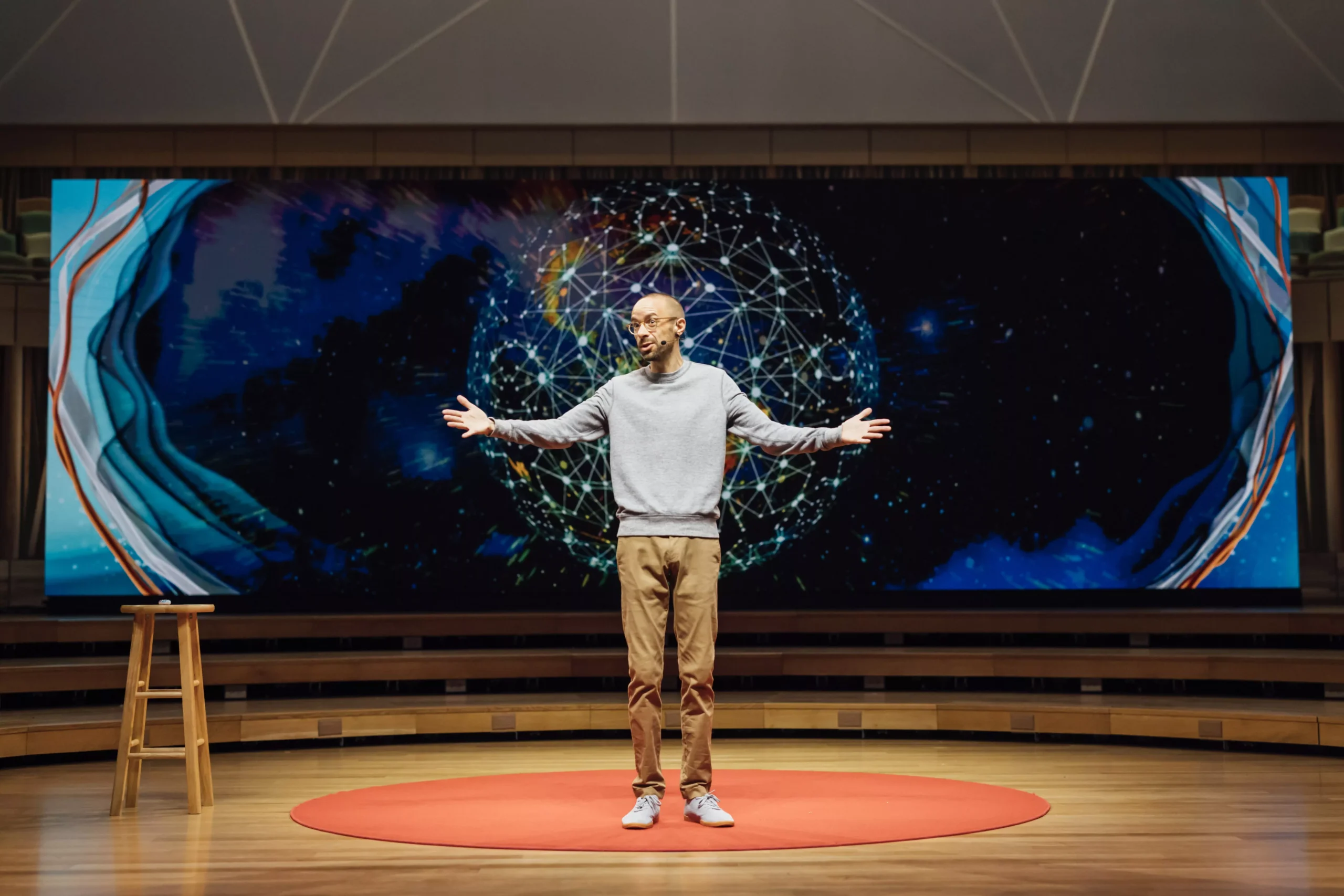
What Do We Owe AI?
TEDxNewEngland (2024)
Will AI systems ever become sentient? How should we treat them if we feel uncertain? The prospect of AI systems possessing their own thoughts, feelings, and emotions is no longer an issue confined to science fiction or the distant future. There is a realistic possibility that some AI systems will soon have these capacities, and we should start developing an ethical framework to address this issue now, so that we can be prepared if and when the time comes. This talk was presented on September 25, 2024.
